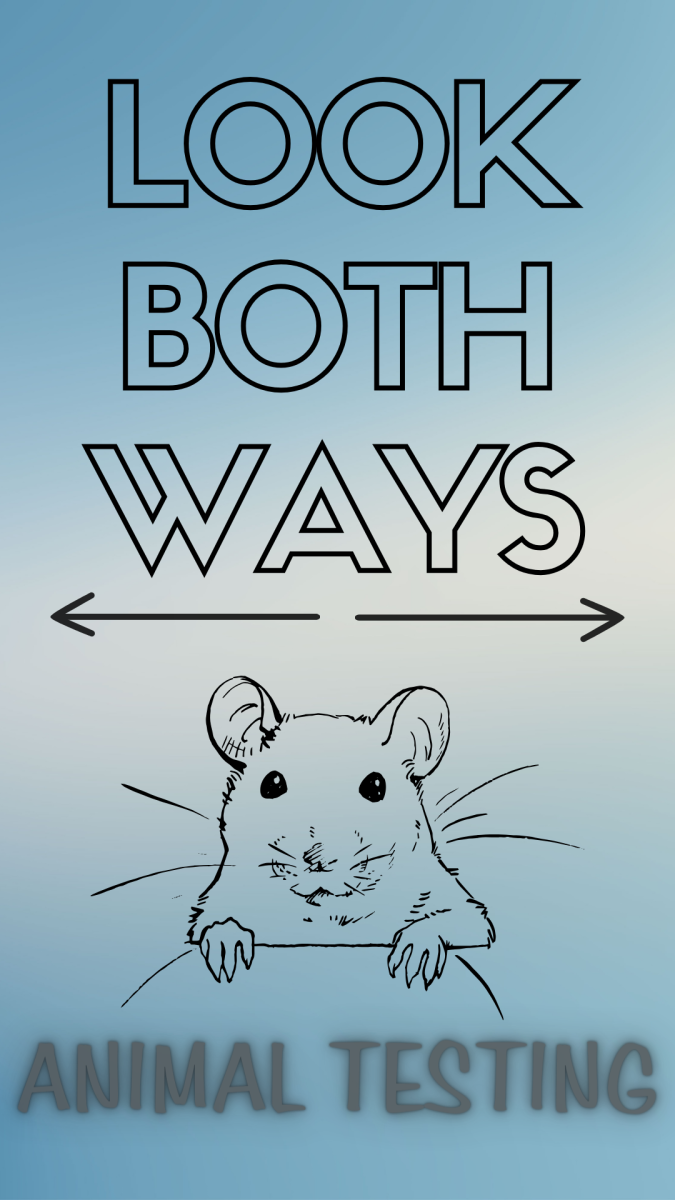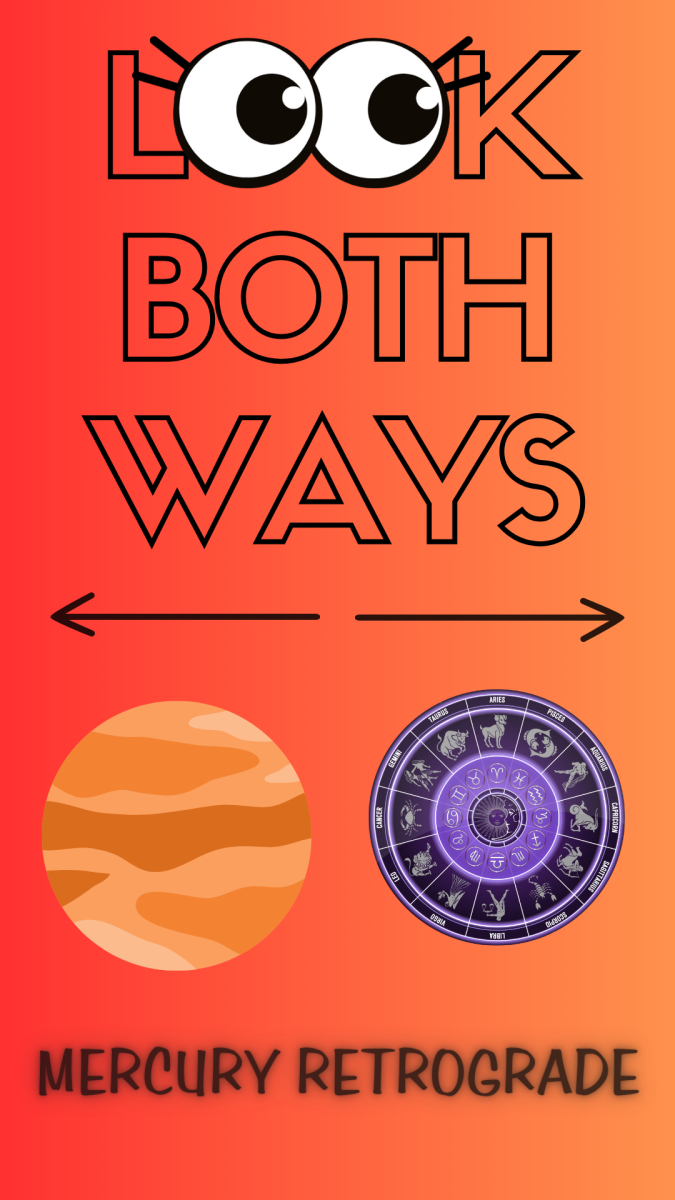ANIMAL TESTING IS UNJUSTIFIED
By: James Bennett, Opinion Columnist
Animal testing is among the most prevalent forms of experimentation worldwide, all justified under the guise of making the world safer for humans. Not only is this morally wrong, it is completely unjustifiable.
Every day scientists and companies take innocent animals, inject them with different diseases and test them with different products. This practice in animal testing causes pain, suffering and death to animals that have no choice in the matter.
In the 2019 through 2021 fiscal year, research facilities used thousands of animals in activities involving pain, according to a report by the U.S. Department of Agriculture. This staggering statistic shows how grand of a scale this cruelty covers.
Animals are injected with diseases such as HIV, Parkinsons and even schizophrenia, –some of the worst diseases humans can suffer, according to Cruelty Free International. Animals have diseases forced upon them with no ability to consent, all for tests that haven’t yielded many consistent cures or treatments.
Animal testing is unreliable. Nearly 92% of drugs fail in human trials despite working on animals, according to Cruelty Free International. This is because animals simply do not have the same variables in their biology as humans and cannot reliably show what results drugs will have on humans. The lack of consistent results makes the practice of animal testing moot in the majority of cases.
There are also alternative methods of testing explored that should be focused on more.
There is In Vitro testing, a form of experimentation which uses cells from tissues of already dead humans or animals. There is also Silico testing, which is a form completely based on computer models, according to “Animal Experimentation: Working Towards a Paradigm Change,” by Katy Taylor, director of science and regulatory affairs for Cruelty Free International. Both of these forms of experimentation don’t require living organisms to experience pain or death and should be emphasized and advanced.
Animal testing is an unjustifiable practice and should be replaced by less harmful and more effective experimentation methods.
ANIMAL TESTING IS JUSTIFIED
By: Santiago Montañez, Opinion Columnist
Much has been said about animal suffering due to cosmetic and vaccine testing. Indeed, like many other advances in science, vivisection is immoral, but justified.
Who has never bought a hygiene or makeup product? Who has never been vaccinated? Being able to buy any of these products is only possible due to animal testing that verifies product safety. Our entire pharmaceutical and cosmetic industries are based on animal testing.
Those who have DNA similar to ours usually tend to be good subjects of experimentation, according to the American Physiological Society.
Without animal experimentation, we would not know the characteristics of many drugs used to treat diseases, and the possible effects of their use in human bodies, according to the Swiss Academy of Sciences.
All recent vaccines require animal experimentation to prove they are safe. Even COVID-19 vaccines required animal experimentation before moving to the later stages, according to the National Institute of Allergy and Infectious Diseases.
Contrary to what most people believe, animal testing is highly regulated. These regulations include certain principles of bioethics and rules like the Animal Welfare Act that protect animals from unethical harm when they are subjects of experiments.
Most of these principles and rules were compiled following World War II, when the world discovered German and Japanese scientists experimented on war prisoners, without caring about their pain or suffering. These principles are compiled in the Nuremberg Code.
Despite its immorality, animal testing was and is essential for the moment to understand human anatomy and the world around us. Research has not advanced far enough to pursue computer-run simulations accurate to the intricacies of human organs and systems according to TechScience Intelligence.
Also, the damage is already done. Many companies that claim their products do not require animal testing lie or hide information.
Many “animal friendly” companies are considered “animal friendly” not because they avoid these experiments, but because in the past they already tested enough compounds to continue producing, according to Leaping Bunny.
Although we do not like it, we must accept testing on animals is necessary and a practice which we benefit from.




















